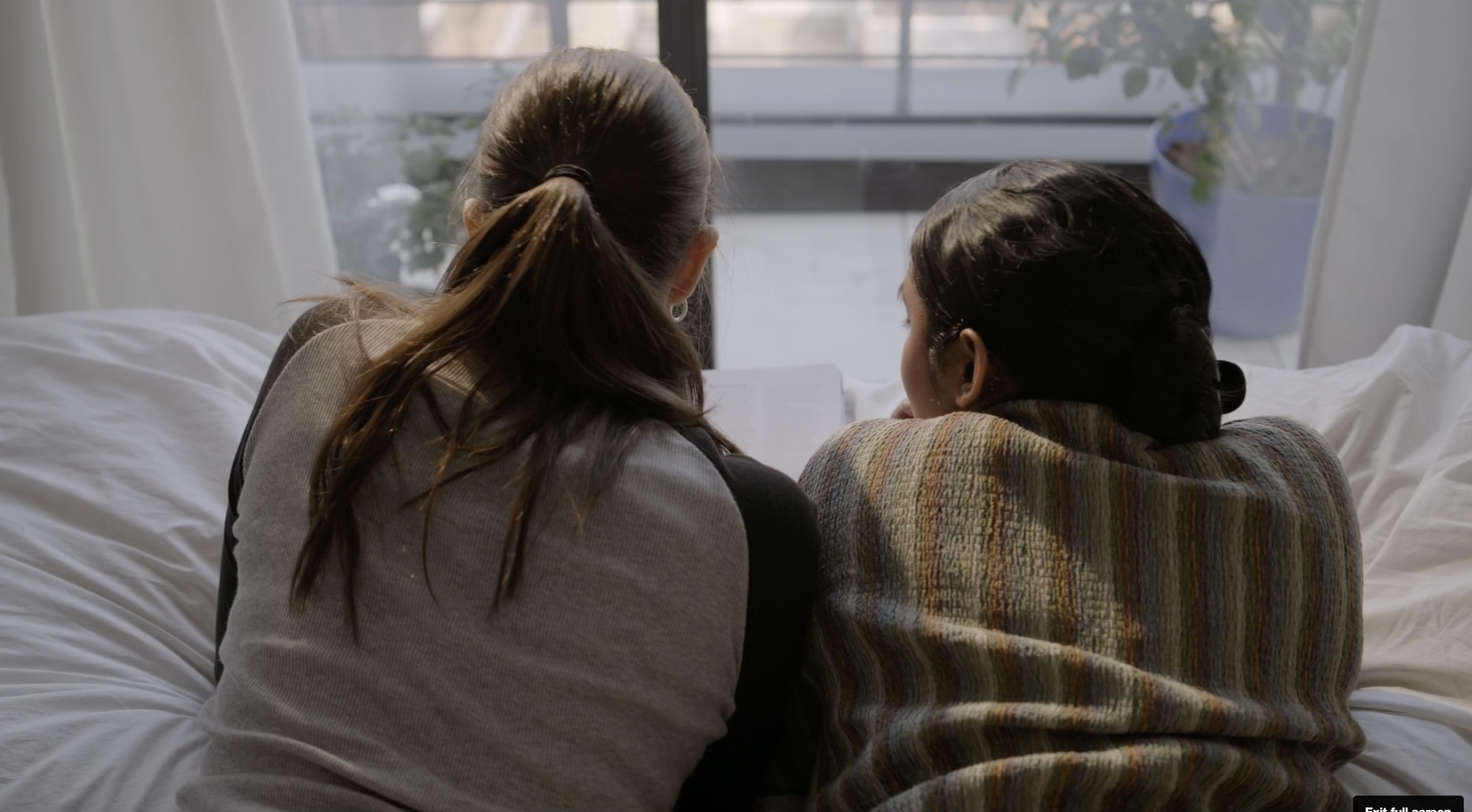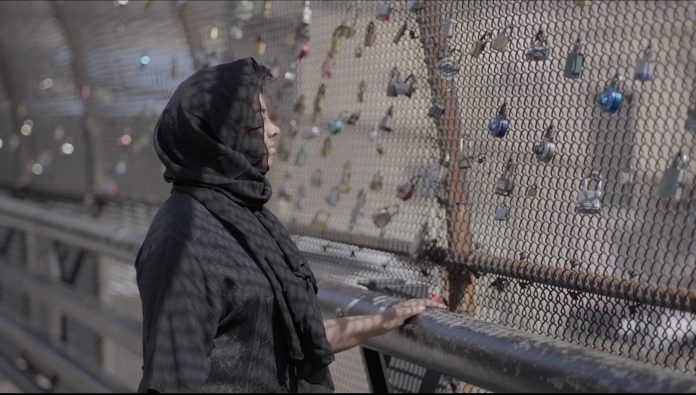by Abigail Zara
The duality of family is this: the people who we love the most can also be the ones who most hurt us. This is evident in award-winning short film ‘Elijah’, directed by Razid Season. Based on a true story, the film follows a young trans man of the same name in his struggle to come out to his trans-phobic Bengali-American immigrant parents. In a world where we yearn for acceptance as we are, outdated cultural beliefs and transphobia impose a narrative of who we should be, and coupled with economic disparity, violently tear us apart from our loved ones.
With Season’s masterful storytelling combined with the film’s urgent themes, Elijah confronts the real-world consequences of transphobia on youth and all members of the LGBTQIA+ community who keep their identities hidden in fear of hate and rejection — even from people who build their homes and innermost circle. Elijah (Mithila Gazi), deviates from tradition as a trans man, which distances him from his traditionalist mother (Debjani Banerjee) and father (Ajaz Alam). His very identity goes against the Bengali standard of a heteronormative and arranged marriage — an expectation that he is reminded of daily through his parents’ words which cut like daggers. Hence, Elijah suffers in silence and hides the truth.
Season’s carefully crafted sequences paint a vivid picture of complicated family life. There is no dialogue in the opening scene of a family dinner, but it speaks volumes about the cultural divide between the older and younger generations in immigrant families. Elijah eats with a fork while his parents eat with their hands, a quiet representation of their ideological differences. Elijah looks on, bearing the weight of things unsaid.
It is this weight that later becomes unbearable, for Elijah and many others. Elijah reflects the emotional distress experienced by the queer community due to prejudice, especially with the Trump administration’s anti-LGBTQ policies. The Trevor Project’s 2024 survey showed that almost 40% of LGBTQ+ youth across the US have seriously considered attempting suicide, and 90% said their well-being was negatively impacted by recent politics.
But it is not just Elijah who gets yanked away from family due to societal ills. Elijah’s father Haider, a taxi driver, buckles under the weight of the failing American Dream. Following the taxi medallion crash in New York City, Haider’s fellow cab driver commits suicide. He drinks alcohol to cope. Elijah witnesses his father’s drunk episodes, which strain their relationship. With the medallion crisis skyrocketing his debt, Haider overworks, wrenching him further away from his family.
Despite the world pulling them apart, the love between the three is unquestionable. This is especially tangible through Alam’s acting, which steals the show. It’s in the quiet way he looks at Elijah as he drops him off to school. It’s in the way he embraces his son when Elijah needed it the most. It’s in the way Elijah’s mother holds him when he is at his lowest. And it’s in the way that they finally acknowledge the ills that turn them against each other.
Elijah reminds us that despite the hurt and the distance between us, healing our relationship with family is possible. Healing comes for Elijah when love bridges the gap between understanding and acceptance for his traditionalist father. Love says: this is foreign to me and I may not completely grasp this yet, but I see you, and I support you.
Overall, Elijah is a stunner in terms of direction and themes, paired with stellar performances. It sheds light on how transphobia and the collapse of the American Dream is destroying families, and the urgency with which these need to be addressed. While the film underscores what needs to be changed in society, it also emphasizes the growth that needs to happen within individuals and families. Both heartbreaking and healing, personal and political, Elijah is a powerful film that reminds us that the people we love are always worth closing the gap for, even when the world tears us apart.









